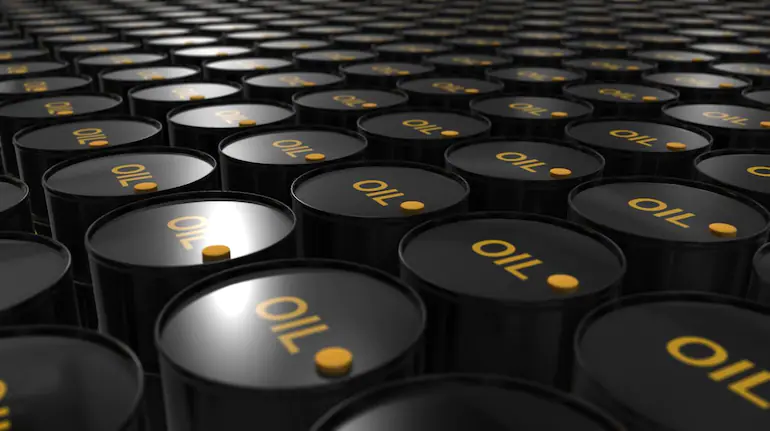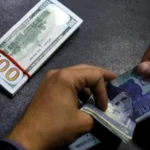Pakistan will import around 32.7 million barrels of crude oil this year from Saudi Arabia on a deferred payments facility of $1.2 billion.
Pakistan is currently facing a wide range of economic challenges, including high inflation, sliding forex reserves, a widening current account deficit, and a depreciating currency.
Pakistan and Saudi Arabia signed a $4.2 billion support package, which included the $1.2 billion oil loan facility, during Prime Minister Imran Khan’s visit to Riyadh in October last year.
The financing agreement for the oil facility was signed last November between the Saudi Fund for Development (SFD) and the Pakistani Economic Affairs Division. In December, Pakistan received the $3 billion loan but the oil facility had yet to be put to use.
The Pak-Arab Refinery Company Limited and National Refinery Limited are planning to import 16.89 million and 15.81 million barrels of oil in the year 2022 respectively.
As per the agreement, the crude oil worth 100 million dollars per month for one year could be imported on deferred payment.
Pakistan and Saudi Arabia enjoy deep-rooted religious, fraternal and strategic relations. There are over two million Pakistanis living in the kingdom, who are the biggest source of foreign remittances to Pakistan.
OMCs sales grow 19pc
On the other hand, the total sales of oil marketing companies (OMCs) in Pakistan witnessed an upsurge of 19 percent on a month-on-month basis and 23 percent on a year-on-year basis to clock in at 1.82 million tonnes during March 2022.
With this surge in sales, there has been a growth of 15 percent on a year-on-year basis to 16.27 million tonnes. This sequential increase in demand is mainly attributed to higher offtake from furnace oil-based plants due to the start of the summer season, capping of HSD and Mogas prices (PM’s relief package), and greater working days and increased economic activity compared to February 2022.
Read More:
Saudi Arabia to grant citizenship to highly skilled foreign professionals
Pakistan again to get Saudi oil worth $1.2bn on deferred payment
Product-wise, HSD sales rose by 17 percent MoM to 0.69 million tonnes, after a decline of 20 percent on a month-on-month basis in the previous month, on reduced HSD prices and demand from the power and agriculture sectors.
Furnace oil (FO) sales increased by 27 percent MoM to 0.28 million tons, and this could partly be because of higher intake from IPPs amid an increase in consumption due to the change in season.
Company-wise analysis showed that Pakistan State Oil (PSO) led the volumetric growth chart as its sales grew by 28 percent MoM and 38 percent YoY to clock in at 953,000 tonnes. Product-wise, FO and HSD recorded healthy growths of 53 percent and 28 percent respectively on an MoM basis.
This is followed by SHEL and APL with a growth of 12 percent and 9 percent MoM, respectively. On the other hand, HASCOL posted negative growth of 50 percent in the month of March 2022.
With regards to market share, PSO grabbed the largest market share of 52 percent in the month of March, up by 4ppt MoM, largely due to a higher share in the FO market.
Meanwhile, SHEL’s market share contracted 0.4ppt to 7.9 percent, with the drag coming from HSD. APL’s overall share reduced by 0.8ppt to almost 9 percent as it lost its share in the FO, HSD and Mogas markets.
The elevated volumes in the months of March were due to the capping of prices of Mogas and HSD and the resumption of demand from the Power sector. Going forward, however, if the prices of Mogas and HSD normalize to market levels (e.g., with the end of the PM’s Relief Package), the demand for petroleum products may take a hit, the IMS report noted.


